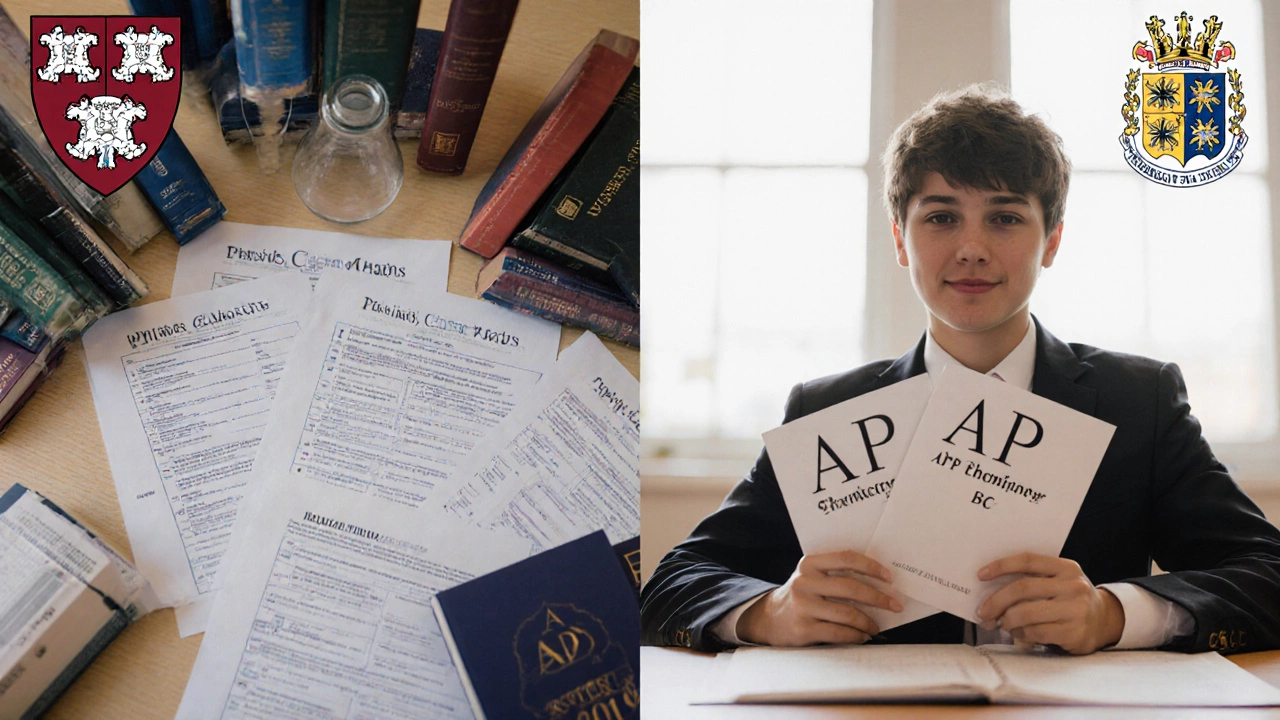AP Courses: What They Are and How They Help UK Students
When students take AP courses, Advanced Placement courses are college-level classes offered in high schools that let students earn credit before stepping onto campus. Also known as Advanced Placement, these programs are run by the College Board in the US but are increasingly popular among UK students aiming for top universities abroad. Unlike A-Levels, which focus on deep specialization in three or four subjects, AP courses let you take a broader range — from Psychology to Calculus to Environmental Science — and still get credit if you score well on the final exam.
Many UK students choose AP courses because they offer flexibility. If you’re applying to US colleges like Harvard or Yale, AP scores can make your application stand out. But even for UK universities, strong AP results show you can handle rigorous work. Some universities, including those in the Russell Group, will even consider AP scores as part of their admissions criteria, especially if you’re taking them alongside A-Levels. AP exams are scored on a 1–5 scale, and most colleges accept a 4 or 5 for credit. That means you could skip introductory classes and start at a higher level — saving time and money.
AP courses also help students who struggle with the pressure of A-Level exams. Because you’re assessed throughout the year and then with one final test, there’s more room to recover from a bad day. Plus, the skills you build — critical thinking, time management, essay writing — are exactly what universities want. You’ll see in the posts below how students use AP courses to balance academics with extracurriculars, how they compare to IB, and what it really takes to score a 5. Whether you’re thinking about studying in the US, looking for an edge in your UCAS application, or just want to challenge yourself, AP courses give you real tools to do it.

What Is the American Equivalent of A Levels?
- by Eliza Fairweather
- on 20 Nov 2025
The American equivalent of A levels isn't one credential-it's a combination of a high school diploma plus advanced AP or IB courses. Learn how U.S. colleges interpret A levels and what students should aim for.
